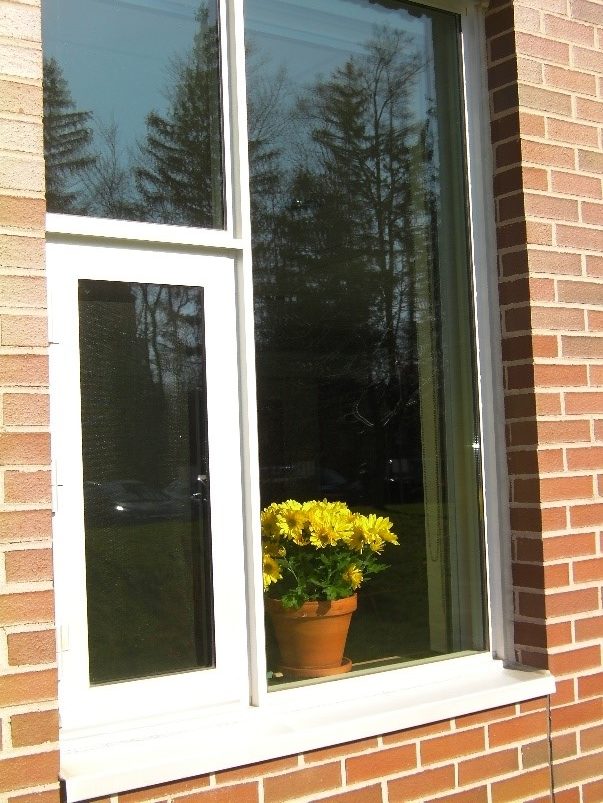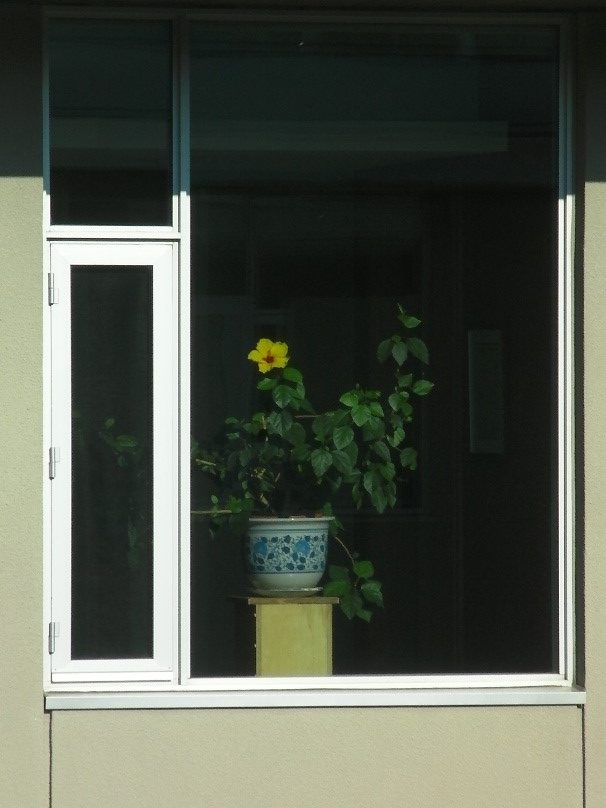By Florence, SSJD Companion
Easter 2020 may be remembered for a lot of things, one of which may be “the year that people throughout the world became monastics,” albeit the vast majority, unintentionally so. During this time of isolation and lockdown when the routines and structures of pre-pandemic life have halted, monastic communities can offer wisdom to many. One way that “unintentional monastics” can learn from established monastic communities is through the importance of maintaining a rhythm of life during lockdown. What better teachers than monks and nuns, considering maintaining rhythm and pace in life is a large part of monastic living?
Yet even with an established, well trodden rhythm that guide monastic days, the pandemic and lockdown have affected monastic communities and made this year’s Companion experience very unique.
The rhythm and pace of life at the convent has been largely maintained as before – there still is a balance of work, study and prayers. But the daily routines have been altered. Our original work assignments disappeared with the closing of the guest house and the hospital next door not able to accept visitors. We are engaging more manual labour such as housekeeping, dish washing and preparing the refectory – Benedict approves this arrangement as “Idleness is the enemy of the soul. Therefore, the community members should have specified periods for manual labour as well as for prayerful reading.” (Chapter 48, The Rule of Saint Benedict)
This rhythm is punctuated by silence and solitude in the convent. This can be another point of contact between the “unintentional monastics” and those who intentionally choose this life. While silence and solitude are challenging many who are in lockdown right now, they are sought after by monastics, but that doesn’t mean that it’s easy! Henri Nouwen called solitude the “furnace of transformation”. Solitude is indeed a ‘furnace’ for many who are currently confined indoors alone. But being confined with others is no different. Both situations can be our ‘furnace’.
We are in lockdown at the convent like the rest of the world and while this ‘furnace’ might be somewhat cooler here than in many other places, it has its challenges. With 20+ people living together, we have done remarkably well. However, it is still a ‘furnace.’ Extended periods of being with other people, even (or especially) with our loved ones, can breed conflicts.
Human nature demands both community and solitude. Our modern culture encourages us to live for ourselves, and to live with others only if they serve our purposes or suit our taste. Monastic life emphases stability, meaning to accept “this particular community, this place and these people, … as the way to God.” I believe the ‘furnace’ in the convent is cooler because of this teaching that the community follows. The silence and solitude practiced in the community, buffer conflicts. While in lockdown, we still have plenty of matters to attend to and these matters call for team work as well as individual efforts. It would be naive to assume that everyone works in harmony all the time.
One custom I appreciate at the convent is the culture of offering apologies. Everyday at Conference, everyone has the opportunity to offer apologies if she wishes. Apologies for minor mistakes or more serious failings are accepted silently without comments. Just as God accepts us despite our shortcomings, once we are forgiven, our mistakes are erased. I believe this is another reason for a cooler ‘furnace’.
Living convent life in this ‘furnace’ during this unusual time, is at once no different and yet very different from other lockdowns. Transformation is brewing in the gentler heat.


